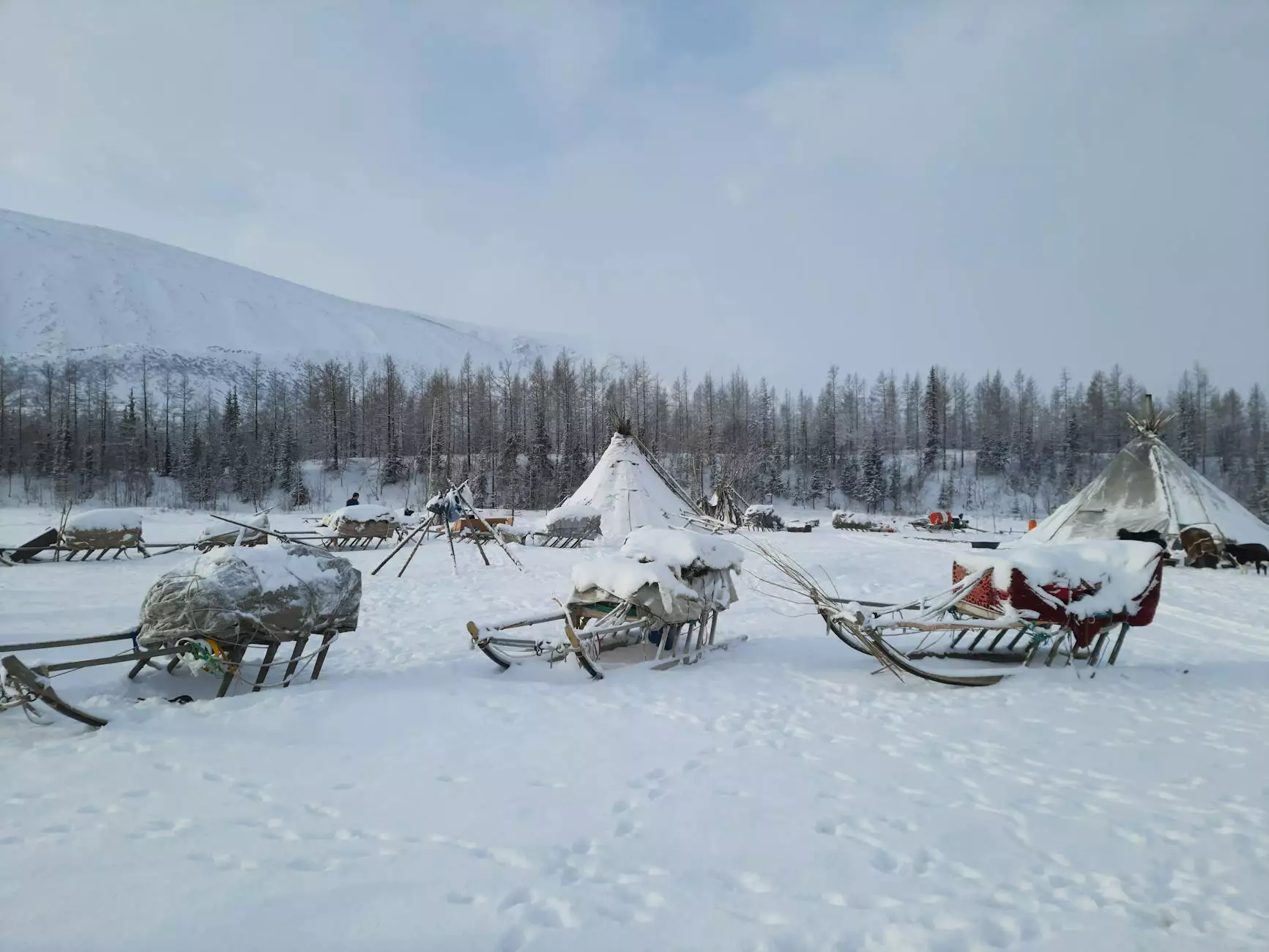Understanding the Cost of the Everest Base Camp Trek

The Everest Base Camp Trek is not just an adventure; it’s a journey towards one of the most magnificent natural wonders of the world. Trekking to Everest Base Camp offers breathtaking views, cultural richness, and a sense of achievement. However, before you lace up your boots and embark on this epic trek, it's vital to understand the associated costs. This article provides a detailed overview of the overall expense involved in the Everest Base Camp trek and how you can budget effectively for it.
1. The Basics of Everest Base Camp Trek Cost
The cost of the Everest Base Camp trek can vary widely depending on numerous factors including season, travel packages, and individual requirements. On average, trekkers can expect to spend between $1,200 to $3,000 for the entire journey. Let’s break down the primary components of these costs.
1.1. Permits
Before embarking on the trek, you will need to secure several permits, which include:
- Trekkers' Information Management System (TIMS) Permit: Approximately $20.
- Sagarmatha National Park Entry Permit: Around $30.
Overall, expect to spend roughly $50 on permits. These costs are essential for maintaining the national park and supporting local infrastructure, so your money contributes to sustainable trekking practices.
1.2. Flights
The next significant cost factor is your flight to and from Nepal. You will likely fly into Tribhuvan International Airport in Kathmandu. Round-trip flights to Kathmandu can range from $600 to $1,200 depending on your location and the time of booking.
1.3. Trekking Package
Most trekkers opt for guided packages that include accommodation, meals, and a guide. The price of these packages varies based on the level of service you desire:
- Budget Package: Ranges from $1,200 to $1,500; basic accommodation and meals.
- Mid-Range Package: Costs between $1,500 to $2,200; includes better accommodation and experienced guides.
- Luxury Package: Ranges from $2,200 to $3,000; offers high-end lodges and gourmet meals.
Choosing the right package is crucial as it can significantly influence your trekking experience. A reputable travel agency, such as myeveresttrip.com, can help you find the package that best fits your needs.
2. Additional Expenses to Consider
2.1. Accommodation
While trekking, your lodging options will largely depend on the package you select. Typically, your accommodation will be in tea houses along the trekking route. Prices for these lodgings can vary, but usually:
- Standard tea houses charge around $5 to $10 per night.
- More comfortable lodgings may charge $15 to $30 per night.
Keep in mind that if you book a higher-end trek, your accommodation will be included in your package.
2.2. Meals
Food prices vary depending on the location and the type of meals. On average, expect to pay:
- Breakfast: $5 to $10.
- Lunch: $8 to $12.
- Dinner: $10 to $15.
This means you should budget around $30 to $50 per day for meals, depending on your choice of dishes.
2.3. Equipment and Gear
Having the right gear is crucial for a successful trek. The costs for gear can vary widely, but here’s a rough breakdown:
- Clothing (jackets, trekking pants): $200 to $500.
- Footwear (boots, socks): $100 to $300.
- Other Gear (backpacks, sleeping bags): $100 to $300.
If you don't have trekking gear, consider renting some items once you arrive in Kathmandu to save money.
3. Budgeting Tips for the Everest Base Camp Trek
Now that you have a comprehensive understanding of the estimated costs, here are several budgeting tips to help you manage your finances effectively:
3.1. Book in Advance
Booking flights and trekking packages in advance can often save you a significant amount of money. Researching myeveresttrip.com can yield great deals and packages, especially during off-peak seasons.
3.2. Be Flexible with Your Dates
If you have a flexible schedule, consider embarking on your trek during the shoulder seasons (pre-monsoon and post-monsoon). Prices for packages and accommodation are typically lower during these periods, and you’ll still enjoy decent weather.
3.3. Choose the Right Package
As discussed previously, the choice of package can significantly affect your overall costs. Assess your needs and ensure you’re getting value for money, taking into account the quality of accommodation and meals provided.
3.4. Rent or Buy Gear Wisely
If you're new to trekking, you may not have all the necessary gear. Renting can be a wise choice, especially if you don’t plan to trek frequently. However, if you are serious about hiking, investing in quality gear can save you money in the long run.
4. Maximizing Your Trekking Experience
Beyond managing costs, it's imperative to focus on making the most out of your trip. The Everest Base Camp Trek offers incredible experiences that go beyond the hiking itself:
4.1. Engage with Local Culture
One of the key highlights of the trek is interacting with local communities, particularly the Sherpa people. This not only enriches your cultural experience but also supports the local economy. Participate in local practices, attend cultural programs, and sample traditional foods.
4.2. Take Your Time
While it's common to rush through the trek to reach base camp, taking your time is beneficial for acclimatization and full enjoyment of the stunning landscapes. Allow your body to adjust to the altitude, and soak in the beautiful views along the way.
4.3. Capture Memories
Don't forget to document your journey through photographs and videos. The scenic vistas at every juncture of the trek warrant being captured, not to mention the memories and friendships you make along the way.
5. Final Thoughts
The Everest Base Camp Trek cost may seem daunting at first, but with proper planning and budgeting, it is an achievable goal with immense reward. From stunning panoramic views of the Himalayas to experiencing the rich cultural heritage of the Sherpa people, every penny spent is worth the life-changing experience. Visit myeveresttrip.com for tailored packages and expert advice to start your adventure!
6. Frequently Asked Questions
6.1. How long does the Everest Base Camp Trek take?
The trek typically takes around 12 to 16 days, including acclimatization days. The actual trekking days cover approximately 8 to 14 days depending on your pace and chosen route.
6.2. What is the best time to embark on the trek?
The best months for trekking to Everest Base Camp are March to May (spring) and September to November (autumn), as the weather is generally clear and stable.
6.3. Is altitude sickness a serious concern?
Altitude sickness is a risk when trekking at high altitudes. Proper acclimatization and hydration are essential for combating the effects. Ensure you spend enough time acclimatizing and listen to your body's signals.
6.4. Can I do the trek independently?
Yes, it's possible to do the trek independently with the required permits; however, hiring a local guide is highly recommended for a safer and more enriching experience.
6.5. Are there medical facilities available during the trek?
While there are basic medical facilities in places like Namche Bazaar and Gorak Shep, it is advised to carry a personal first-aid kit and necessary medications for common ailments.
Planning your trek well ensures it’s not only memorable but also safe. Understanding the Everest Base Camp trek cost allows you to prepare financially, ensuring a smooth and exhilarating journey into the heart of the Himalayas.









